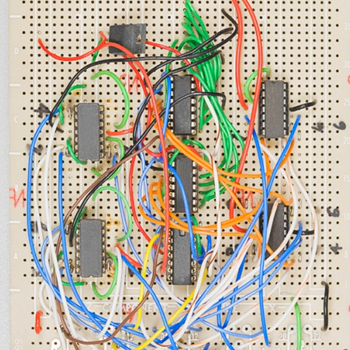Question #733f9
1 Answer
There is no third degree linear equation.
Three degree polynomial equations with at least one rational root(s) can be solved by factorization. See below.
Explanation:
A
If you mean third degree
with a form
[Example] Solve
[Step 1] Find a rational zero on the equation. This step needs some perseverance.
If a third degree polynimial
they must be
In this example, divisors of
Therefore the rational "canditates" for the equation are
Let
and you will find
This means that
[Step2] Factor the polynomial using the result of [Step 1].
In this case,
For more information, see the topics:
https://socratic.org/precalculus/real-zeros-of-polynomials/rational-zeros

